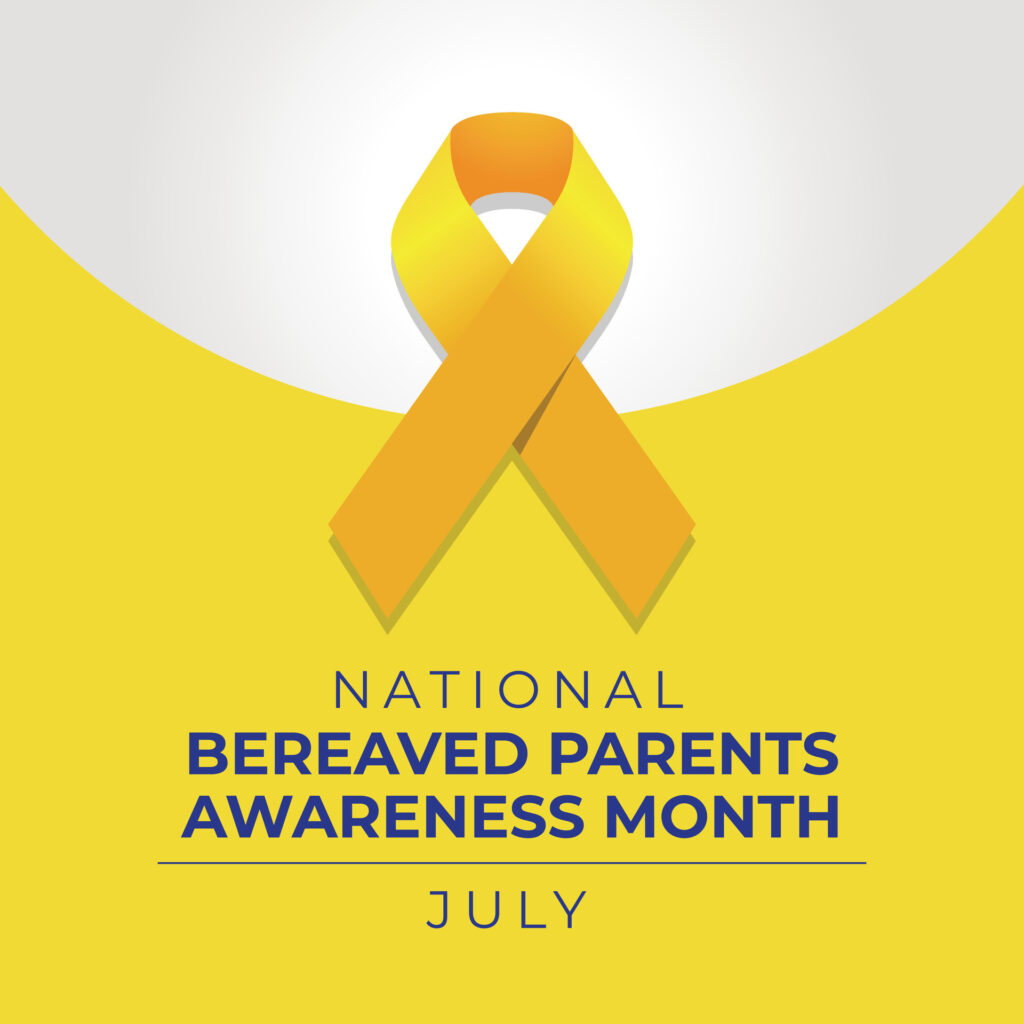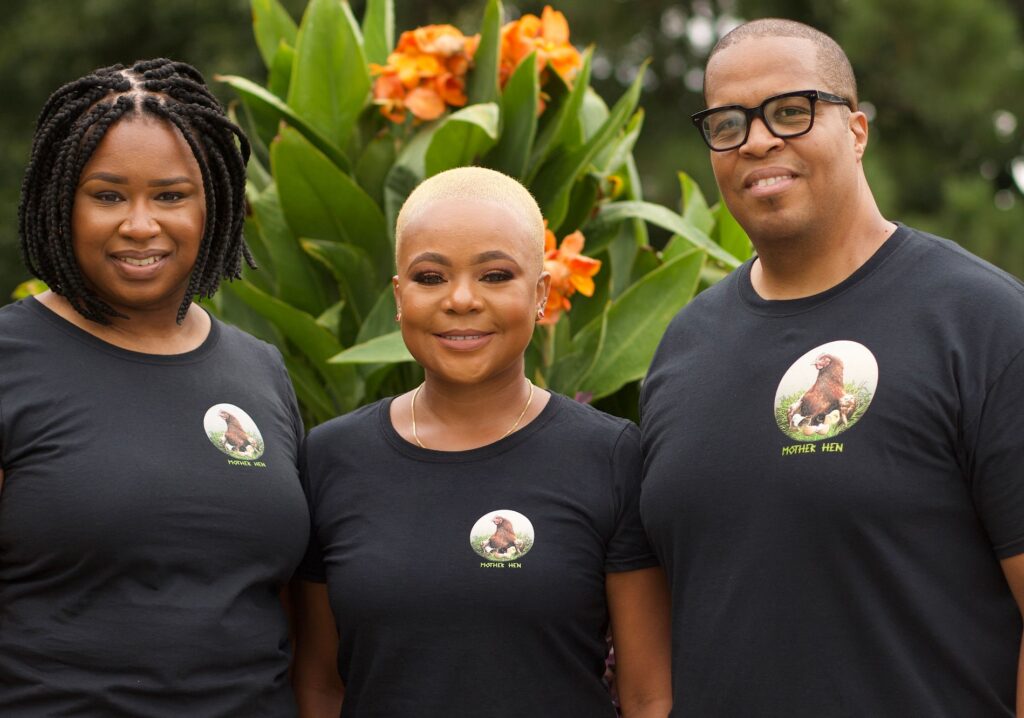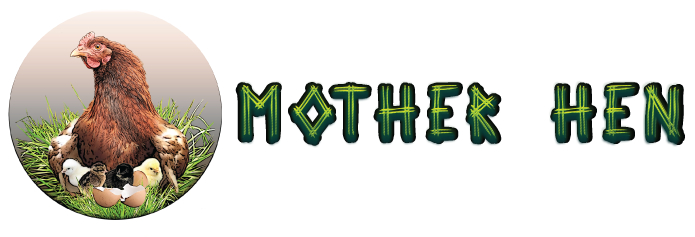Issue: July 2024 Part 2
Social Culture
Being a parent is hard work. This is especially when your teachings and lessons are not the only avenues for your children to learn. Also, there will inevitably be new situations your child encounters in which they may be unsure of how to navigate. As such, we decided to do a series on Social Culture. Here you will be able to find tips to help you maneuver the world inside and outside of your home. We would love to hear how these tools and tips are working for you once you have implemented them (info@2motherhens.com).
**Consistency is one of the most important aspects of effective parenting**
Welcome to the second installment of the SOCIAL CULTURE series:
Interracial Parenting Part 3
For the third installment of our series on Interracial Parenting, we would like to switch gears and discuss some of the experiences mothers may face when raising multiracial children. Just like multiracial children, mothers handle both internal and external struggles. Different racial backgrounds and experiences come to the forefront when raising multiracial children.
We will continue to share various excerpts from mothers representing multiple homes who shared their experiences raising multiracial children:
In one study that looked at white mothers of children of African descent, it was found that the black family members perceived the mother as “unable to empathize with their children and incapable of dealing effectively with the children’s experiences of racism.” (Twine 2000). Based on a series of studies dealing with perceptions towards white mothers of biracial children from white communities, Britton surmises that “The socially valued position of ‘good mother’ is understood to be less available to women who are seen to have deviated from or transgressed dominant social norms.” (Britton 2014).
Margaret Viejo wrestled with her own privilege when her daughter, Sam, turned three. Margaret became starkly aware that her own experience of growing up as a white person in a white community was very different from the experience that her biracial daughter was having, growing up in a similar environment.
“I began confronting, I don’t know if it’s denial, confronting my privilege because there’s a part of me that’s like, ‘My kids are so awesome. My kids are so great. They’re not going to have those kinds of challenges.’ It’s not a reality for me in my growing up narrative, so there’s a confronting happening.”
“In all honesty, I have racist parts of myself,” Bridget tells me during the interview. “I’m not actively trying to hide something, but growing up in this country, that has to exist in me even if I don’t want it to. Being a parent of two multiracial kids, I have seen it in myself. I do and I don’t want to.”
Bridget described the importance of being open about the ways her own racism comes through—honest with herself and when speaking about the experience of being a white mom to biracial children. She sees this honesty as a necessary act. “I think it has to be. I feel like it’s one of the only ways our country can change—if white people can be more transparent about their experience with race.”
Research shows that white parents of multiracial children are often, when for the first time thrust into the realities of racism, are subject to an experience from which they had previously been immune. Where they had once had the privilege of invisibility, white mothers who were raised in homogeneously white families may now face racism from both the white communities who had once embraced them and from “communities of color.”
We learned of Jessica Hetcher’s shock and confusion, when her four-year-old, biracial son boldly announced, “‘Mom, I don’t like people with dark brown skin.” Like many white mothers, she had never imagined the ways her child would internalize racism at such a young age. She also never imagined the ways she would be forced to confront her own biases, the surprise she felt when it became clear that her husband and son received very different treatment out in the world than she herself had ever experienced.
This notion of minorities, black mothers more than other races to discuss race more than any other was demonstrated by:
Rollins (2009) studied the type of racial socialization messages used by mothers of biracial youth. Messages were classified as being cultural socialization, minority socialization, mainstream socialization, egalitarian socialization, or no racial socialization. She found that Black mothers were more likely to use mainstream socialization messages and that white and other minority mothers (Asian, Latinx, and American Indian) were not likely to provide any direct racial socialization for their children, thus minimizing the issue of race. Rollins (2009) found that black parents were more active in preparing their children for the possibility of racial discrimination than were white parents. As Self-Identity of Biracial Children noted by Rockquemore and Laszloffy (2005), some white parents avoid talking about race because they do not recognize the influence of race in their lives. Rockquemore and Laszloffy (2005) specifically state, “Because of the power of race, parents raising mixed-race children have a responsibility to engage in a process of racial socialization that will prepare their children to understand and effectively negotiate the complexities of race relations.” (p. 59)
“Several parents said that skin color differences were one of the first things related to race that children noticed. Many parents felt that others would identify their children as one race and not as mixed race. Six parents commented that their children could ‘pass’ as white, whereas others discussed their children presenting primarily as other races. For example, according to Mr. F: ‘Our kids are not racially ambiguous or whatever you all call it now. If you were to see them on the street, you would automatically assume they were black.’ Several parents acknowledged that having lighter skin would confer social advantages in both the United States and their countries of heritage. Ms. G was one of several parents who noted skin color hierarchy in their cultures. ‘Color is a big thing in Vietnam—the lighter you are, the more prestige you have, the more rank you have in society.’ In contradistinction, Ms. D noted that in some social situations, children may be at a disadvantage having skin that is too light. ‘I’m prepared to help him through those moments where it’s somebody that he is not black enough,’ she said. Several parents expressed concern that their children would not be dark or light enough for certain friends as they grew up. Several of the parents had concerns about skin color differences within the family. According to Ms. A: ‘For my kids, that is the most difficult part of being a biracial family. One presents as brown and one presents as white. My son identifies as a person of color. My fair-skinned child doesn’t identify at all. There are times when I think maybe he should [identify].’ Issues also arose due to differences in skin color between the parents and children. A few parents noted that their skin colors are so different from their children that they have been misidentified as not related.” (Rosen & Grief, p.7)
“Quite a few people would look at my baby and look at me and retort, ‘Oh, did you adopt?'” But she says the attitude tended to shift when her daughters are all together. “When I’m just with one, people ask questions,” says Louise.
“[I don’t know] whether they assume [the girls] must be mine or I must be babysitting.”
For Lee from Perth, the question she’s often asked isn’t “Did you adopt?” but rather, “Are you the babysitter?” She says previously she herself may have asked other families about their background, but now she’d definitely reconsider.
“I see other parents with their kids with more pronounced differences and I don’t say anything,” Lee says.
As the data for this newsletter was collected, it was disappointing but not surprising, that the voices of black mothers’ experiences of raising multiracial children were few and far between. There were many resources or opinion pieces about white mothers raising multiracial children. There were even some of Asians and Latinx. However, it was discouraging to see the lack of representation of black mothers’ voices, which perpetuates the racial divides within the country we live in with whose voices are deemed important to general society and whose voices are not.
References:
- Britton, J. (2014). Researching white mothers of mixed-race parentage: The significance of investigating whiteness. New York: Routledge
- Rollins, A. (2009). Racially socializing biracial youth: A cultural ecological study of maternal influences on racial identity (Doctoral Dissertation, the University of North Carolina).Retrieved from http://libres.uncg.edu/ir/uncg/f/Rollins_uncg_0154D_10087.pdf
- Rockquemore, K. A. & Laszloffy, T. (2005). Raising biracial children. New York, NY: Altamira Press.
- Rosen JE, Greif G. The Voices of Interracial and Interethnic Couples Raising Biracial, Multiracial, and Bi-ethnic Children Under 10 Years Old. Child Adolesc Social Work J. 2021 Nov 19:1-13. doi: 10.1007/s10560-021-00805-5. Epub ahead of print. PMID: 34815618; PMCID: PMC8602978.
- Twine, F.W. (2000). Bearing blackness in Britain: The meaning of racial difference for white birth mothers of African-descent children. London: Routledge
- Becoming White: The Experience of Raising Biracial Children: How the racial identity of white mothers is shaped by parenting biracial kids.https://www.psychologytoday.com/us/blog/living-between-worlds/201802/becoming-white-the-experience-raising-biracial-children
- What it’s like growing up biracial when your family doesn’t look like youhttps://www.abc.net.au/news/2021-09-24/growing-up-biracial-when-your-family-doesnt-look-like-you/100478106?

We Are Celebrating
National Bereaved Parents Awareness Month!
Our hearts go out to all parents who have lost a child. Know that we are standing with you in honor of the child(ren) you have lost. May peace be with you as you remember the blessing your child was.

For those of our subscribers who find themselves in need and financially challenged, please be sure to reach out to us so that we can be of assistance.
Donations
Mother Hen is passionately committed to lending a helping hand to the underserved within the communities we serve. We are appreciative of any and all donations provided here. These donations will be used in entirety to provide services for underserved families as well as fulfill other specific outreach needs.
Outreach Initiatives:
- Community If your business would like to become a corporate sponsor and join us in supporting the community, please contact us directly.
- Family ServicesYour family service donation will directly help a family receive professional parental coaching sessions or services in navigating the school system to get the proper accommodations for their child to succeed academically.
- Corporate SponsorIf your business would like to become a corporate sponsor and join us in supporting the community, please contact us directly.
